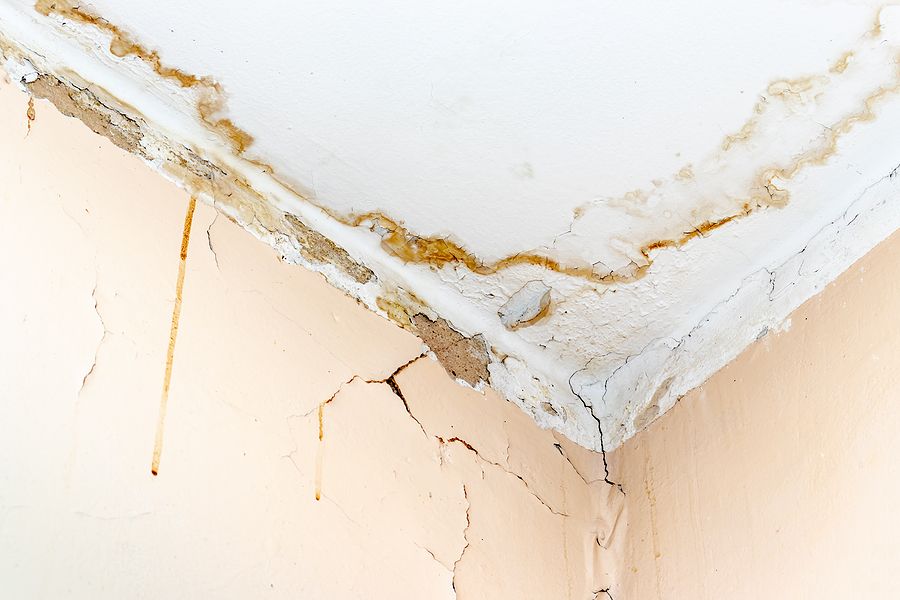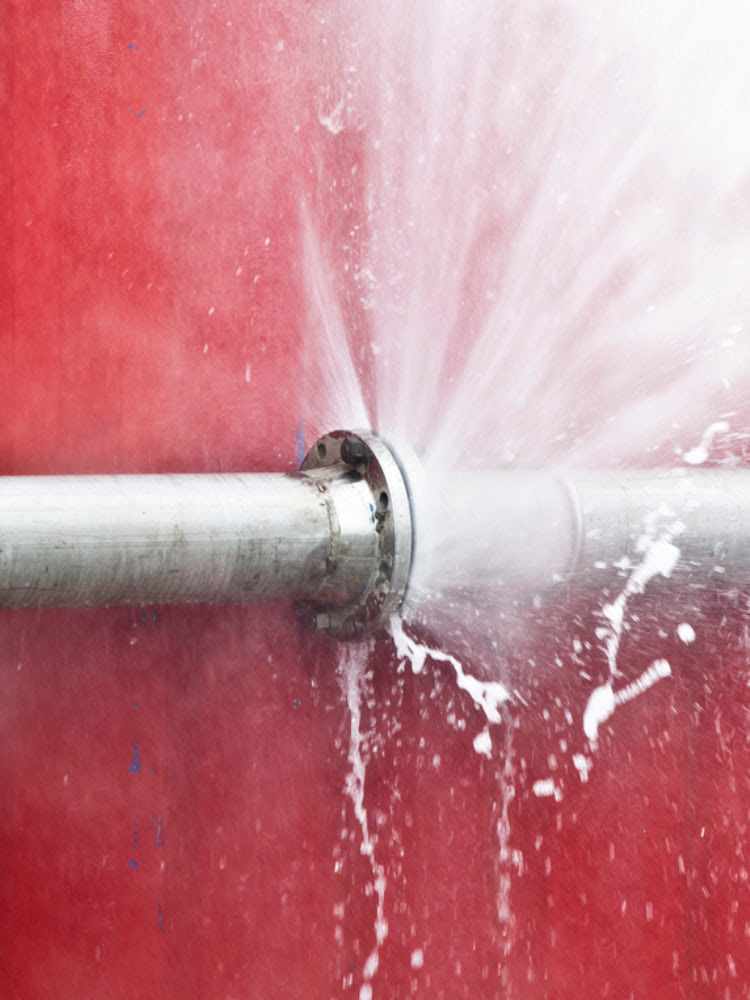Learn About 6 Most Reasons For Water Seepage in Your House
Learn About 6 Most Reasons For Water Seepage in Your House
Blog Article
Presented here in the next paragraph you'll find a bunch of outstanding information in relation to Common Water Leaks In House.

Leaks not just trigger waste of water however can additionally cause unnecessary damages to your home and also advertise unwanted natural growth. Water leakages could go undetected given that most of the pipework in our home is hidden. By looking and recognizing for everyday circumstances that cause leakages, you can secure your house from future leakages as well as unnecessary damages. Today, we will certainly look at 6 leak triggers that may be creating your pipes to trickle.
Immediate temperature level changes.
Severe temperature level changes in our pipes can trigger them to expand and also get suddenly. This growth and also contraction might cause cracks in the pipelines, especially if the temperature are listed below freezing.
Rusty water systems
This could be the reason of staining or bending on your water pipes. If our plumbing system is old, think about changing the pipes considering that they are at a greater risk of rust than the more recent versions.
Defective Pipe Joints
The point at which your pipelines attach is often the weakest link in the waterline. Pipeline joints can weaken in time, leading to water leakages. The majority of pipeline joints are not easily noticeable. If you have noisy pipes that make ticking or banging sounds, especially when the warm water is turned on, your pipeline joints are most likely under a great deal of pressure. It is suggested to have your plumber check your system once a year.
Intruding roots
Many water leaks begin outside your house as opposed to inside it. If you see an abrupt decrease in water pressure, claim in your tap, take some time to go out and examine your lawn. You might see damp patches or sinkholes in your lawn, which may imply that tree roots are getting into water lines causing water to permeate out. You can have your plumber look for breach, particularly if you have trees or bushes near your building.
Poor Water Connectors
Sometimes, a leak can be triggered by loose hose pipes and pipelines that supply your appliances. Typically, shifting is what triggers the loosened water Links. You may find in the case of a washing equipment, a tube might spring a leak due to drinking during the spin cycle. In case of a water links leak, you might observe water running straight from the supply line or puddles around your devices.
Clogged Drains
Obstructed drains could be annoying and also inconveniencing, however they can occasionally wind up creating an overflow bring about break pipes. Maintain removing any materials that may drop your drains that can block them to stay clear of such inconveniences.
All the above are reasons for leaks however not all water leaks arise from plumbing leaks; some leaks could come from roof leaks. All leakages should be repaired quickly to stay clear of water damage.
Leaks not just trigger waste of water yet can likewise cause unneeded damage to your home as well as advertise undesirable natural development. By recognizing and also looking for daily circumstances that trigger leakages, you can secure your home from future leakages and also unneeded damage. Today, we will certainly look at 6 leak creates that may be creating your pipelines to leak.
At times, a leakage can be caused by loosened hoses and also pipelines that supply your home appliances. In situation of a water links leak, you may observe water running directly from the supply line or puddles around your home appliances.
How To Check For Water Leak In Your Home
How To Check for Leaks
The average household's leaks can account for nearly 10,000 gallons of water wasted every year and ten percent of homes have leaks that waste 90 gallons or more per day. Common types of leaks found in the home are worn toilet flappers, dripping faucets, and other leaking valves. These types of leaks are often easy to fix, requiring only a few tools and hardware that can pay for themselves in water savings. Fixing easily corrected household water leaks can save homeowners about 10 percent on their water bills.
To check for leaks in your home, you first need to determine whether you're wasting water and then identify the source of the leak. Here are some tips for finding leaks:
Take a look at your water usage during a colder month, such as January or February. If a family of four exceeds 12,000 gallons per month, there are serious leaks.
Check your water meter before and after a two-hour period when no water is being used. If the meter changes at all, you probably have a leak.
Identify toilet leaks by placing a drop of food coloring in the toilet tank. If any color shows up in the bowl after 10 minutes, you have a leak. (Be sure to flush immediately after the experiment to avoid staining the tank.)
Examine faucet gaskets and pipe fittings for any water on the outside of the pipe to check for surface leaks.
Undetected water leaks can happen without the home or business owner even realizing. If you suspect a water leak, but not able to find the source. It is time to contact a professional water leak detection service, The Leak Doctor.
How To Find a Water Leak In Your Home
https://www.leakdoctor.com/blog/How-To-Check-For-Water-Leak-In-Your-Home_AE197.html

As a serious person who reads about How to detect water leaks in your home, I assumed sharing that short article was a good thing. You should take a moment to share this blog posting if you liked it. Thanks a lot for your time spent reading it.
We've got solutions! Report this page